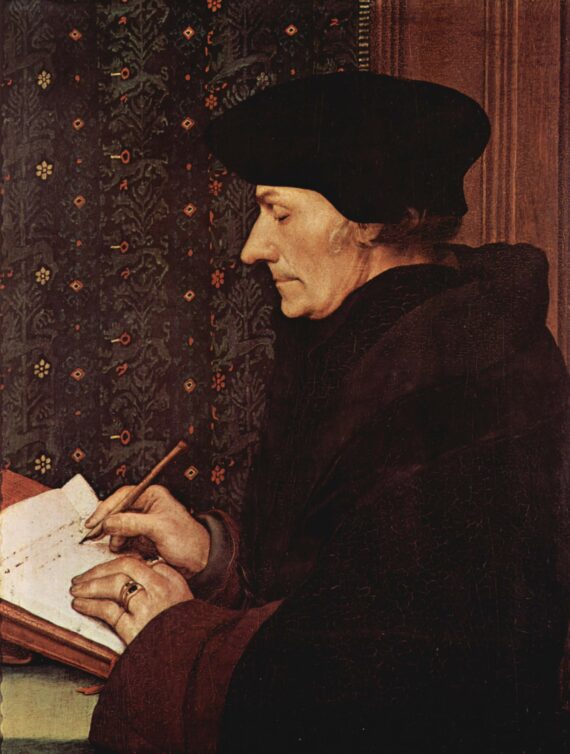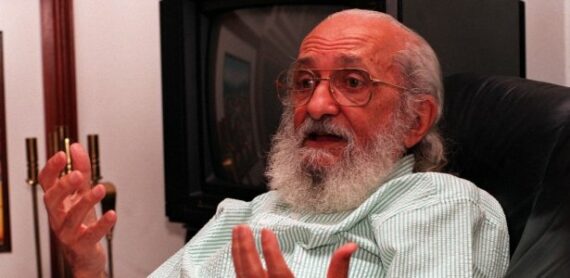This essay is divided into four sections. Section one provides an account of the life of Erasmus till the year 1516 – when he published The Education of a Christian Prince. It also attempts to outline the social and political context in which the book was written, as well as […]
Reviews
In 15 sentences and 20 beautifully illustrated pages, There you go! by Oren Ginzburg brings out the absurdity of many of our attempts to bring ‘sustainable development’ to tribal communities/aborigines around the world. As Lodu Sikaka from India’s Dongria Kondh tribe says “It’s crazy when these outsiders come and teach us development. […]
Reading, scientific and mathematical literacies are considered essential for full participation in the modern ‘knowledge societies’ (OECD, 2009). And of the three literacies, reading literacy is considered especially important as it forms the ‘bed-rock’ on which other forms of literacies are formed. Scientific research on ‘reading education’, thus, expectedly, has […]
As someone interested in ancient history, I have often noticed – and marveled – at the similarities and differences between the many ancient civilizations. The Maya Civilization, ancient Egyptian Civilization, ancient Indian Civilization, ancient Chinese Civilization, as well as the ancient Greek and Roman Civilizations (though similar at some basic […]
While Joseph Rudyard Kipling is often remembered for his two Jungle Books and his poems, not many know that he also published a delightful collection of pourquoi stories titled, Just So Stories for Little Children. Kipling is said to have invented these stories as ingenious explanations of questions such as ‘How the […]
He has been called “the Rousseau of the 20th century” (Bhattacharya 2008: 101), “the John Dewey of the present era” (Kanpol 1997: 13) and “the most important educator” (Carnoy 2004: 7) of the second half of the 20th century”.[1] His book, Pedagogy of the Oppressed, termed a “classic” and “a […]





